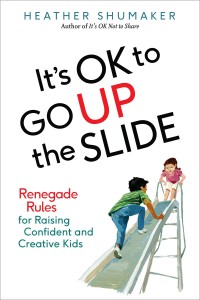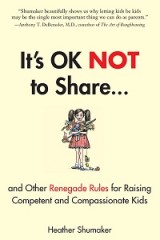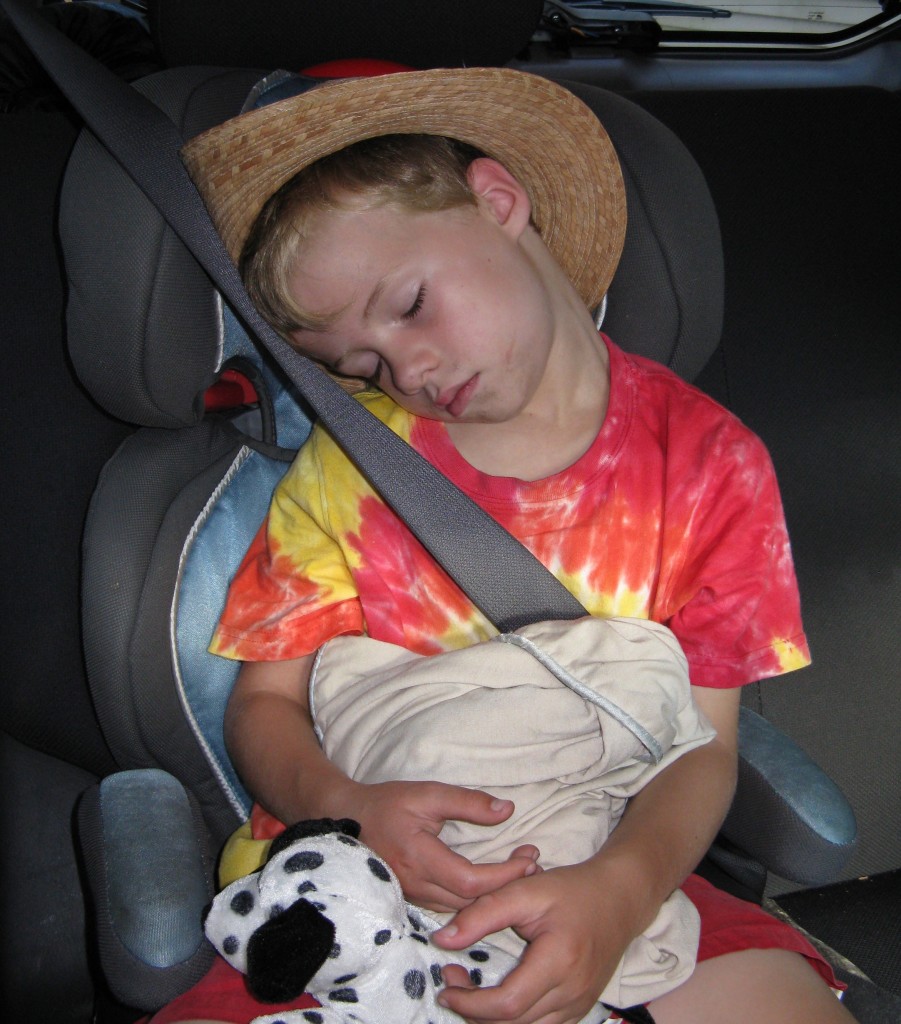Kindergarten Crash
If you have a new kindergartener, perhaps this scene happens in your family: Sudden crash when you get home. Screams. Tears. Droops. Falling asleep in the car or on the sofa. You know something's not right. What is it?
Kindergarten Crash. It's an extreme message that something's not right. Listen.
Last year I sent my youngest off to kindergarten. He was the first one in the family to go to all-day, every day kindergarten, and he rebelled with every inch of his 5-year-old little body. The long day wiped him out. When I picked him up from the bus he collapsed on the sidewalk, shrieked and dissolved in tears. At home, he had no energy to play. He just sat in a chair and stared, day after day, his toy pirates untouched.
He fell asleep for the night at 5pm.
Kids across the city I knew in other schools had the same reaction. One girl fell asleep in her car seat at 4:30pm. Another girl cried in the parking lot and screamed when she came home. Another kindergartener cried every day before school for 8 weeks. These are signs of kids showing extreme stress and exhaustion.
What was happening? These were the same kids who had been at all-day daycare or preschool for many years quite happily. It wasn't an issue of separation. They were used to being away from home all day. They were used to being in groups of young children. So what was so different?
Adult expectations. Daycare gave them naps, playtime, outside time, stories, songs and free play. The pace fit the child.
Kindergarten used to include naps and free play time. It used to be half day. Children haven't changed, but adult policies and expectations have. Kindergarten children are now expected to sit still most of the day, perhaps have one 20 minute recess, and focus on academics all day long.
What was different? As a fellow mother said "Less play, less food, less rest."
"They'll be fine," said one kindergarten teacher. "They just need a few weeks to build up their stamina." Build up their stamina?? No, we need to reset expectations to match the child. Kindergarten should be an in-between year between early childhood and grade school. Expectations need to shift accordingly.
If schools can't do it, parents need to take charge. There are alternatives to kindergarten. If it takes too long for school policies to catch up, families need to create new spaces for 5-6 year-olds now. What can you do instead of all-day, every day kindergarten?
- Don't go. Kindergarten is not mandatory.
- Pay for another year of daycare or preschool. You don't have to redshirt. Go directly to 1st grade next year.
- Homeschool the kindergarten year. It can be spent mainly in the sandbox.
- Search high and low for a kindergarten that still allows half days.
- Try a "Young Fives" program - but beware, these do not tend to be play-based, just mini academic kindergarten programs. However, many Young Five programs do allow half days.
- If you need more daycare, supplement Young Fives with after school care - this tends to be more relaxed and social and full of play.
- Find a charter school or alternate school that fits your child better.
- Pull your child out. Give him rest days, pick him up early for half days, or only send him 3-4 days a week. Some principals and teachers will support you with this.
Whether you work full-time or whether you are mostly home with your kids, there are kindergarten alternatives that can work for you. If your child is stressed and overly exhausted, her needs are not being met. Find a way where your child can relax and be the age she is today.
Avoid the Kindergarten Crash.
 Read more about Kindergarten options and Kindergarten crash in It's OK to Go Up the Slide. If you have a kindergartener, this book was written for YOU.
Read more about Kindergarten options and Kindergarten crash in It's OK to Go Up the Slide. If you have a kindergartener, this book was written for YOU.
 Read more about what young kids need in It's OK Not to Share...And Other Renegade Rules for Raising Competent and Compassionate Kids.
Read more about what young kids need in It's OK Not to Share...And Other Renegade Rules for Raising Competent and Compassionate Kids.
What is your experience with long kindergarten days? Did they differ from preschool and daycare? How did your child cope?
